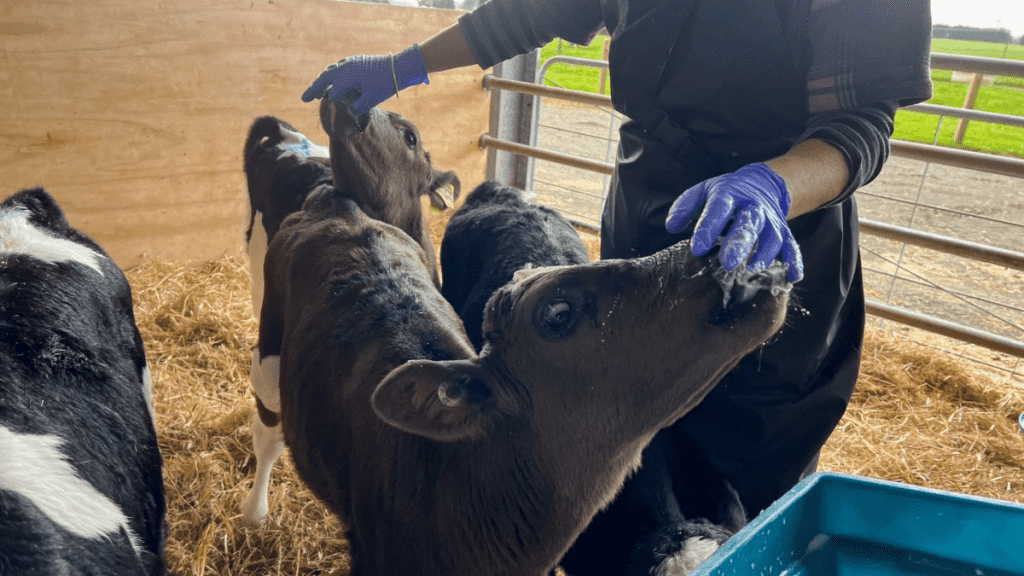In a bid to reduce the carbon footprint on the environment and to achieve sustainability in the long run, New Zealand has come up with an interesting way to curb greenhouse emissions from agricultural plants. As per the reports released by BBC, the New Zealand government is now going to levy taxes on cow burps as part of its updated measures to reduce carbon emissions. However, in response, the government has received a strong backlash from farmers, who are not happy with the new rules. This is because they will have to eventually pay for the agricultural emissions of their animals’ burps and urine.

Coupled with this, New Zealand aims to reduce the carbon footprint caused by agricultural means to a negligible amount by 2025. However, if all goes well and the proposal is accepted by the authorities, then it would become the “world-first application in tackling climate change,” as per the official reports. In addition to this, the money which the government will collect from the farmers in the form of tax will be spent back on different agricultural reforms to make the farming process more advanced in terms of technology. Hence, as you can see, all of this is happening for a good cause, in other words.

Not to mention, the farmers are strictly against this new reform and are of the opinion that they will eventually have to sell their lands in order to avoid paying heavy taxes. According to the Federated Farmers national president, Andrew Hoggard, “Farmers will sell their land so fast you won’t even hear the dogs barking on the back of the ute (pickup truck) as they drive off.” Hoggard further stated, “It will rip the guts out of small-town New Zealand.”

On the other hand, New Zealand Prime Minister, Jacinda Ardern, said, “New Zealand’s farmers are set to be the first in the world to reduce agricultural emissions, positioning our biggest export market for the competitive advantage that brings in a world increasingly discerning about the provenance of their food.” However, as of now, it has not been decided how much money farmers will have to pay in the form of tax.
Despite all, the reform will have some significant benefits to the environment in the long run, and such types of rules and regulations are essential to prevent our coming generations from the drastic effects of climate change.


